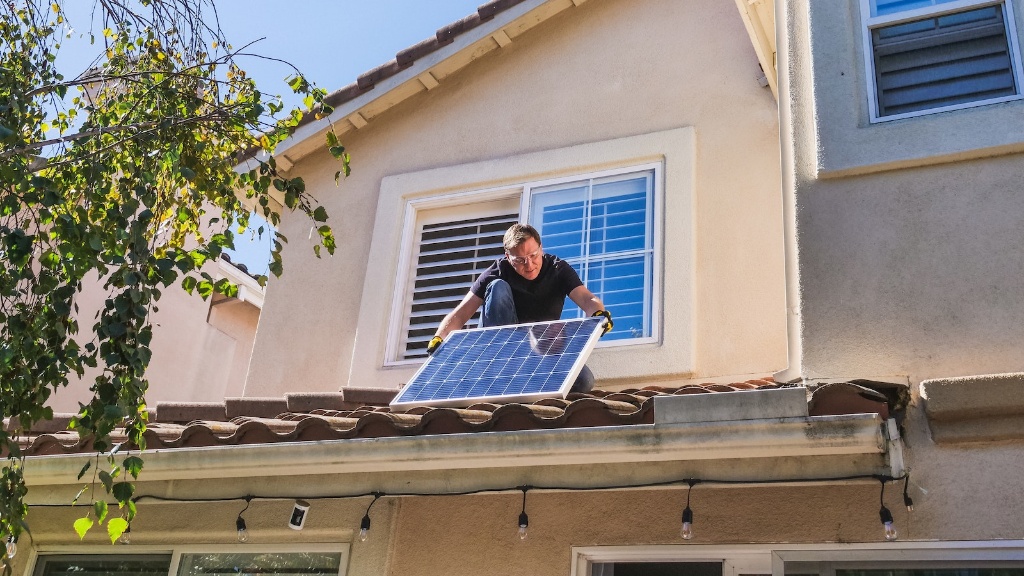The term “global warming” is a catchall phrase for the phenomenon of rising average global temperatures due to the accumulation of greenhouse gases in the atmosphere. It is a controversial, politicized scientific and social issue, which can have a wide range of implications depending on one’s position.
At its heart, global warming is a natural phenomenon, as it is part of the Earth’s climate system. The greenhouse effect is driven by the burning of fossil fuels, which releases carbon dioxide and other gases that are released into the atmosphere, and which heat up the Earth’s surface. The primary culprits in this regard are coal, natural gas, oil, and even forests.
In addition to the direct consequences of global warming, some of the indirect effects are worrying; rising sea levels, harsher and more extreme weather events, and drastic changes to ecosystems are all linked to the phenomenon. This can lead to more destructive floods, droughts, hurricanes and other extreme weather events, forcing people to migrate and impacting food security. The changing climate is also creating new and difficult challenges for coastal communities, and species are facing a heightened risk of extinction as habitats are wiped out. Of greatest concern is the potential for global warming to create a runaway feedback loop, with temperatures steadily increasing over time and the Earth becoming uninhabitable to most species.
On the other hand, not all effects of global warming are negative. Sudden heat waves and higher temperatures can bring about a sense of relief from the extra warmth, especially in regions which usually experience cold climates. The longer, hotter summers can also benefit crop growth, which would be beneficial to global food supply. Additionally, there are potential opportunities for countries to reduce poverty and increase access to energy, with technological advances and the inclusion of renewable sources of energy, such as solar and wind. In addition to these potential advantages, the global community increasingly recognizes, with the Paris Agreement, the need to take collective action to tackle global warming by reducing emissions, setting global targets and sharing information on best practices.
Most of the debate around global warming focuses on the economic and political consequences of the phenomenon, with some of the costs of environmental policy and innovation becoming a focus of debate. While governments have enacted various policies to reduce emissions, there is still public resistance, as some of the policy decisions have significant economic implications. Social systems must adjust to address equity issues, political will is needed to make tough decisions, and economic incentives are necessary to drive innovation and change. While there are certain interests that may be served by inaction on global warming, it is increasingly important to view the issue through a human rights lens, as it affects all people, regardless of their socioeconomic makeup.
In order to ensure meaningful progress towards reducing global warming, we must shift the conversation from the facts of what is happening to the choices that are available to us in terms of lifestyle and future planning. In recognition of the global efforts being made by governments and individuals, we need to take well-informed, meaningful steps towards reducing emissions and protecting vulnerable populations from the worst effects of climate change. We must build a global consensus on the need for immediate action and collective responsibility for eliminating the risks of global warming. By doing so, we can ensure a healthier, more sustainable future for all.

